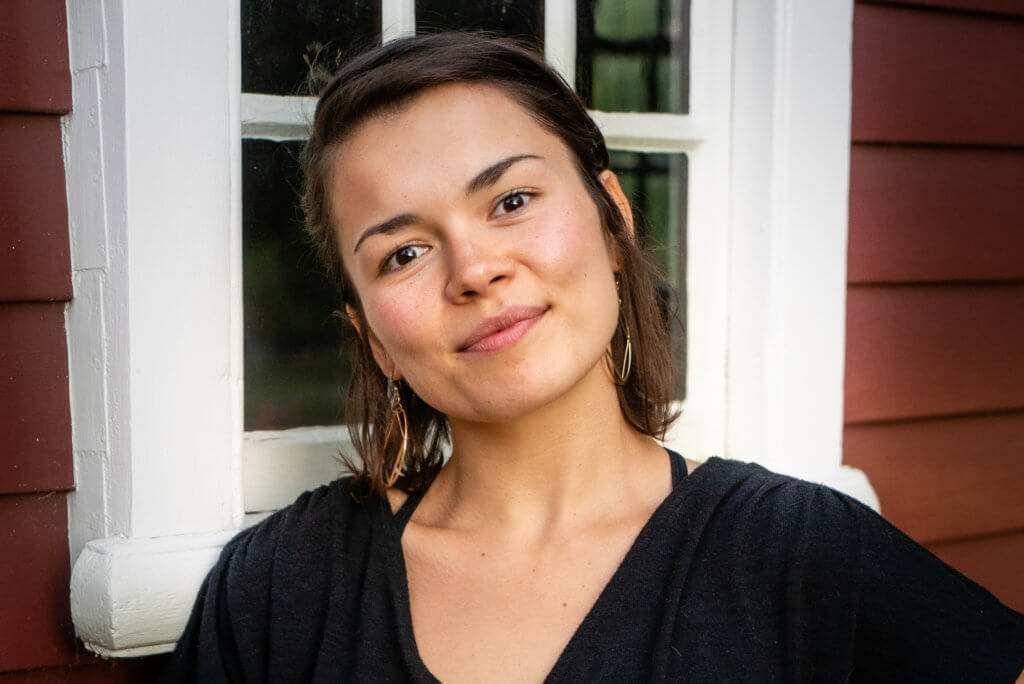Episode
Highlights
RELIGION IN BLACK & BROWN COMMUNITIES
“I’ve always had some concerns with religion and how religion has played out in the Black community, especially. How religion has often been used as a weapon in the Black community. It was used to justify slavery. It’s gone into Black and brown countries and decimated cultures and stripped Black and brown folks have their own religions and kind of replaced Western religion.”
—DON MAYS
NOT KNOCKING IT
“And I don’t want to suggest that I’m knocking religion completely. It’s just that there are ways in which religion is used that I think are detrimental to people.”
—DON MAYS
"PROSPERITY RELIGIONS"
“One of the most egregious uses is what they’re now calling ‘prosperity religions,’ where folks give money that they can’t afford to lose, they give money to religious ‘leaders’ and are told that ‘If you give me your money, then God will give you money or give you prosperity down the line.'”
—DON MAYS
CREATING DRAMA
“One of the things that I learned way back when I first started writing is that in order to create drama, you want to have people who have as far opposing opinions or opposing ideas as possible, and bring them together. And in doing that, you’re going to get these big conversations. You’re going to be able to get at these intimate points, but also, you’re going to be able to get at the macro and the micro.”
—DON MAYS
TRUTH OR FICTION?
“I have always questioned religion and I’ve had problems with the way it has played out…But a lot of [the play] is fictionalized in that it pushes the point I think more than I ever have in real life.”
—DON MAYS
GOD IS A WOMAN
“How could God not be female? Seriously, how could God, how could God not be female?”
—DON MAYS
A RADIO PLAY
“We’re harkening back to the old days of the old radio plays, the old radio dramas, where you have to, dare I say, use your imagination to fill in the gaps. I intentionally wrote this so that it would spark visual images for folks.”
—DON MAYS
RAIN AS GOD
“And so when I think of rain in the title and the content, I think of like, it’s a very constant rain, too, like the sound of it. So it’s like this constant presence of some sort of higher power that the narrator is wrestling with.”
—ANA GONZÁLEZ
A WEAPON OF ENSLAVEMENT
“Certain passages in the Bible were used… to help make the enslaved Africans yield or succumb to the forces that were put upon them. And then there were passages that they were blocked from or they absolutely did not want these enslaved folks enslaved folks to see. So you know, it was used as a tool, a tool or a weapon to enslave black folks for centuries.”
—DON MAYS
OVER-POLICING
“I want us to be looking at how Black and brown communities are policed, how Black and brown communities are over-policed, I should say, and the response that the community has, and the response that politicians have. And you know, echoing the voices of those who say, ‘Change absolutely has to happen.'”
—DON MAYS
"If we're not questioning, we're not growing."
“I want this piece to be provocative. I want folks who were listening to this to begin to have those conversations, to begin to ask those questions. You know, why am I holding on to, why am I so attentive to, or why am I not at all attached to any religion or the religious doctrines? If we’re not questioning, I don’t think we’re growing.”
—DON MAYS

